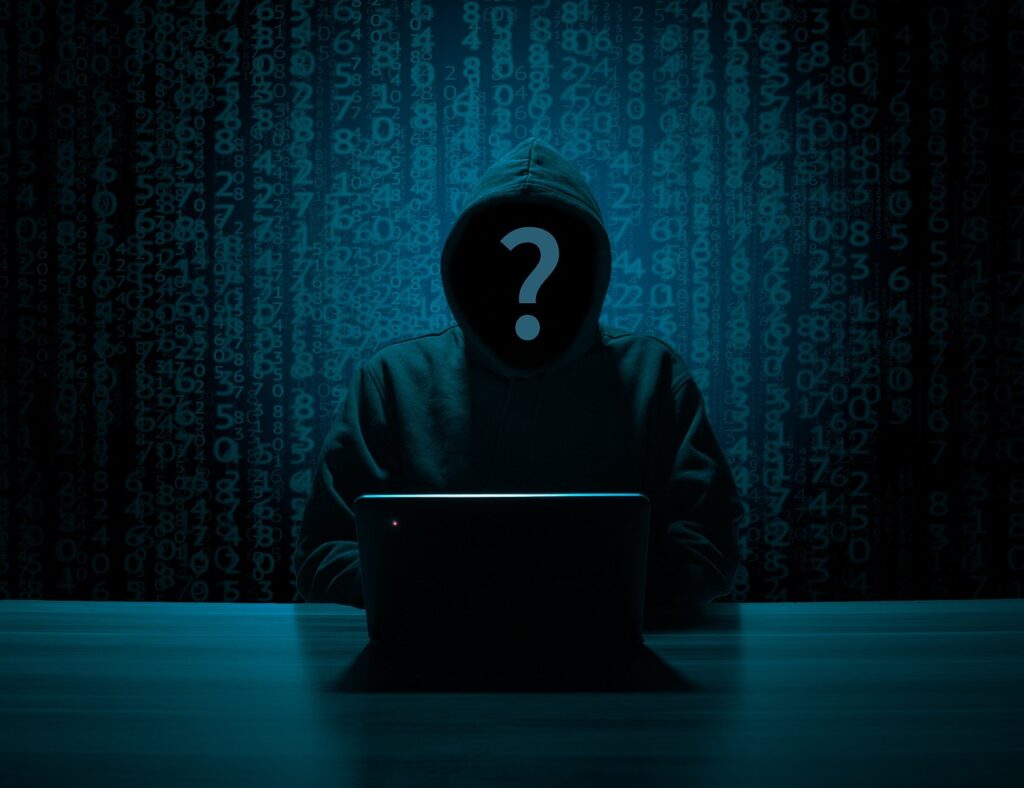You post a strong opinion on Twitter. Someone replies by calling you a scammer, falsely accuses you of theft, or uploads a video making false claims about your character.
Worse, it gets shared. Friends start asking questions. Employers begin doubting. That’s not just drama—it could be online defamation, and yes, it’s a legal offence in India.
In today’s digital world, anything said online can spread fast—and hurt faster. That’s why the law doesn’t treat online defamation as “just trolling” or “free speech.”
If someone damages your reputation publicly on the internet with false and harmful content, you have the right to fight back.
What is Online Defamation?
Online defamation is when someone makes a false statement about you online, either in writing (libel) or spoken (slander, including videos or voice notes), that causes harm to your reputation.
It can happen through:
| Platform | Example |
|---|---|
| Twitter/X | A thread falsely claiming you’re involved in a scam |
| YouTube | A video calling your company a fraud without proof |
| Voice notes or group messages spreading false allegations | |
| Fake stories or posts using your name and photos | |
| Google reviews | Fake negative reviews of your business with malicious intent |
Remember, truth is a defence, and opinions are allowed. But if the content is false, exaggerated, or clearly intended to harm, it can become a case of defamation.
What Does Indian Law Say?
Defamation—offline or online—is covered under two major laws:
- Section 499 and 500 of the Indian Penal Code (IPC)
Section 499 defines defamation: publishing or speaking anything that harms a person’s reputation with malicious intent. Section 500 provides punishment: up to 2 years of imprisonment, a fine, or both. - Section 66A of the IT Act – Struck down
Earlier, Section 66A of the IT Act was used for online insults or offensive content, but it was struck down by the Supreme Court in Shreya Singhal v. Union of India (2015) for being unconstitutional.
Now, online defamation cases are pursued under IPC sections, but you can also use civil remedies.
- Civil Defamation
You can file a civil suit for damages—demanding monetary compensation for mental harassment, loss of reputation, and business loss.
Steps to Respond Legally to Online Defamation
If you’ve been defamed online, here’s how to handle it:
| Step | What to Do |
|---|---|
| Collect proof | Take screenshots, URLs, timestamps, and names of people who engaged or shared the content |
| Report to the platform | Use Instagram, Twitter, Facebook, or YouTube’s “Report” feature to request content removal |
| File a legal notice | A lawyer can send a defamation notice to the person or platform demanding a takedown and apology |
| File a complaint | Report at your local police station or through cybercrime.gov.in under Sections 499/500 IPC |
| Consider a civil suit | If the damage is serious—especially to your career or business—file a defamation suit in civil court for compensation |
If someone has used your photos or videos in the defamatory content, you can also act under Section 66E and 67 of the IT Act, which protect against privacy violations and obscene content.
If your photos were shared or manipulated without consent, read: What to Do If Someone Misuses Your Photos or Videos Online
What About Anonymous Posts?
If the defamer is using a fake profile or anonymous email, the police and cybercrime units can help trace the IP address, device, or SIM used.
You’ll need to file an FIR with proper evidence, and the authorities may work with platforms to get user data. This is especially useful when defamation involves threats, harassment, or sexual content.
You can also send a legal notice to the platform (like Meta or Google) if they fail to act on your takedown request.
Online defamation is not “just words on a screen.” It can affect your mental health, job prospects, and social relationships.
But you’re not helpless. Indian law gives you the right to seek apology, removal of the content, compensation—and even criminal action against the offender.
Don’t ignore defamation. Respond smartly, legally, and early.
Also read: How to Legally Remove Defamatory or Fake Reviews Online — especially if your business or professional profile is affected.
FAQs
1. Is defamation on WhatsApp or Instagram punishable?
Yes. If it causes reputational harm, it can be punished under Section 499/500 IPC.
2. Can I sue someone for a YouTube video that defames me?
Absolutely. You can file both a criminal complaint and a civil suit for compensation.
3. What if someone says it was “just a joke”?
Intent matters. If the post or message clearly damaged your reputation or implied wrongdoing, “joke” is not a defence.
4. What’s the difference between civil and criminal defamation?
Civil defamation seeks money for damage; criminal defamation can lead to jail or fines.
5. Can I get the content removed without going to court?
Yes. First, report it to the platform. If that fails, a legal notice or police complaint often gets faster results.



